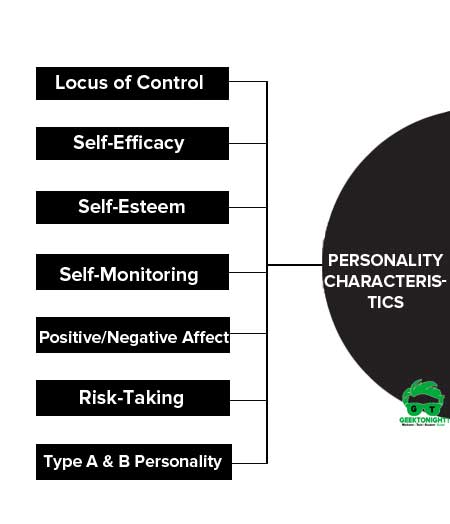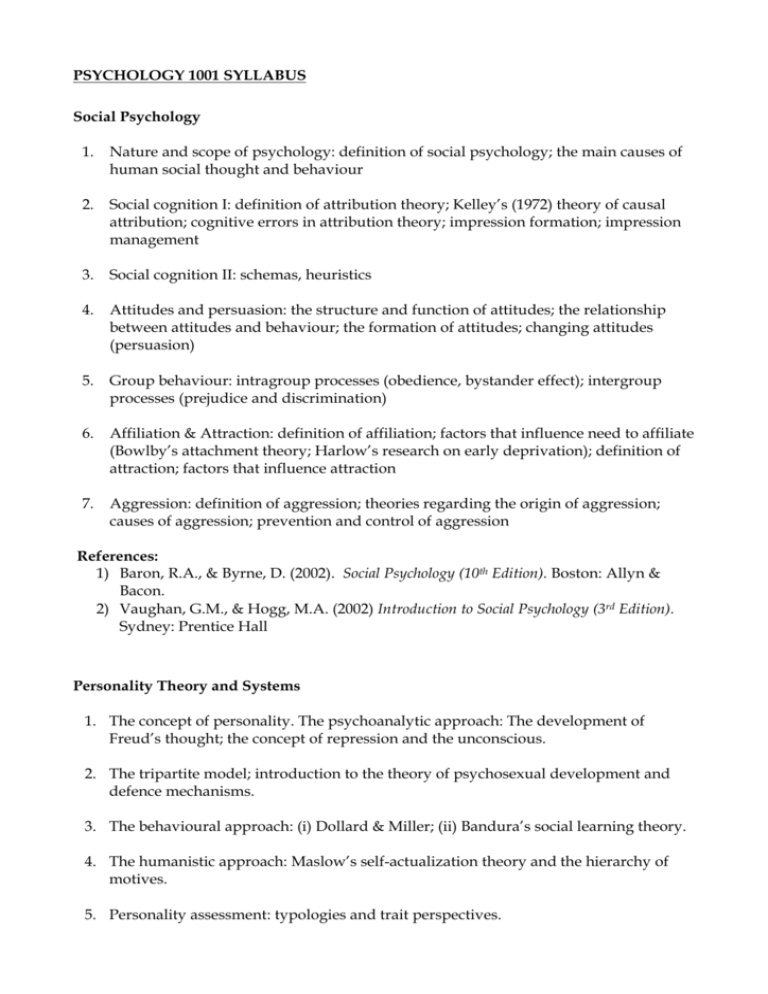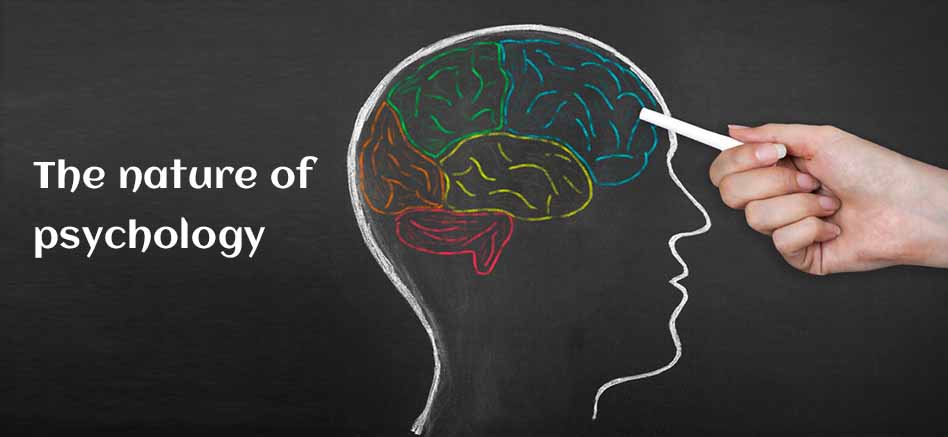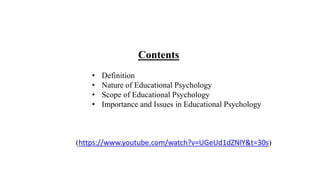Psychology is the scientific study of human behavior, cognition, and emotion. It is a multifaceted discipline that seeks to understand the complex processes that underlie the way people think, feel, and behave. At its core, psychology is concerned with the study of the human mind and its functions, including how it perceives, processes, stores, and retrieves information.
One of the key goals of psychology is to understand the factors that influence human behavior and to develop theories and interventions that can help people live happier, healthier, and more productive lives. To achieve this goal, psychologists use a variety of research methods, including experiments, observations, surveys, and case studies, to collect data and draw conclusions about the underlying psychological processes that shape human behavior.
One of the defining characteristics of psychology is its focus on the individual. Psychologists strive to understand the unique experiences and perspectives of each person, and to develop interventions and treatments that are tailored to the specific needs and circumstances of the individual. This focus on the individual is in contrast to many other fields, which often take a more broad, general approach to understanding human behavior.
There are many different subfields within psychology, each of which focuses on a specific area of study. Some examples of these subfields include clinical psychology, which focuses on the diagnosis and treatment of mental health disorders; cognitive psychology, which studies the mental processes involved in perception, attention, memory, and problem-solving; and developmental psychology, which examines how people change and grow throughout their lifetimes.
Despite the diversity of these subfields, there are some common themes that run throughout the field of psychology. One of these is the importance of understanding the context in which behavior occurs. Psychologists recognize that behavior is often shaped by a wide range of factors, including social and cultural influences, personal experiences, and environmental conditions. By taking these factors into account, psychologists can develop more accurate and nuanced explanations of human behavior.
Another important theme in psychology is the recognition that behavior is often complex and multifaceted, and cannot be fully understood by looking at any one aspect of it in isolation. Psychologists therefore use a variety of research methods and theoretical perspectives to try to gain a more comprehensive understanding of human behavior.
Overall, psychology is a fascinating and dynamic field that has made significant contributions to our understanding of the human mind and behavior. Whether they are working in research, education, or clinical settings, psychologists play a crucial role in helping people to better understand themselves and the world around them.
:max_bytes(150000):strip_icc()/what-is-industrial-organizational-psychology-2795302-final-1443d26b5151409cb79695e62422fed1.jpg)








